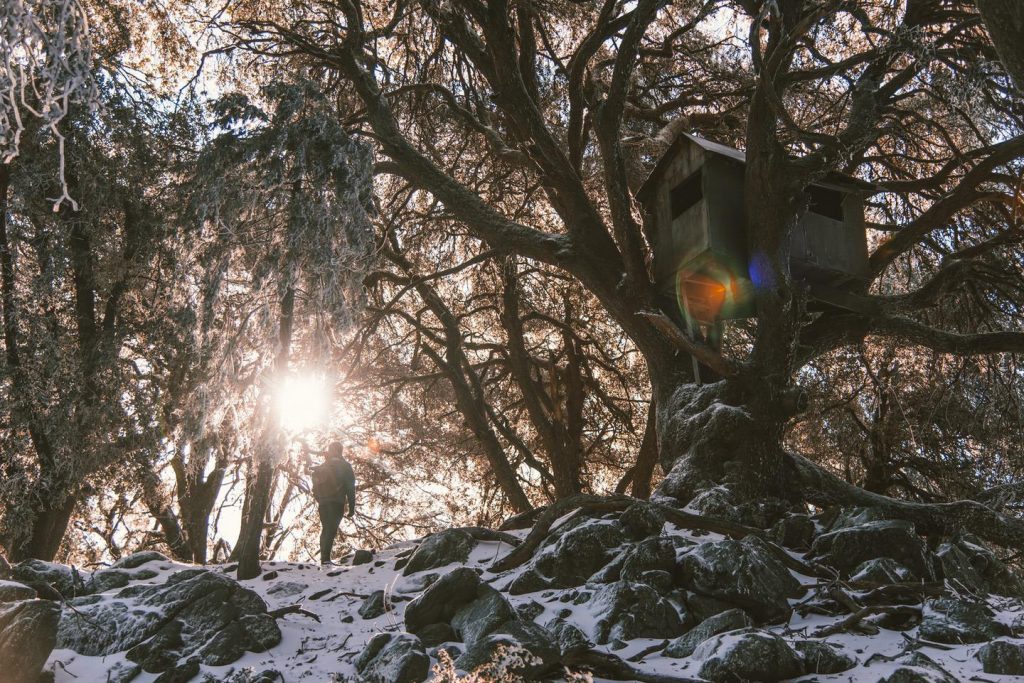
The mustard seed had a unique use in the days of Christ. On account of its size, it was often used as a point of comparison. To remark that something was, “As small as a mustard seed,” was to point out the insignificance of something that yet existed and so could not be denied. In this respect it was the ‘smallest of all seeds.’ Not that it was literally the smallest, but that in the common vocabulary it referred to the smallest.
Such a use of language is particularly fitting to a parable. If Jesus was narrating historical/physical fact, it would be untrue for Him to say, “Though it is the smallest of all your seeds.” But in the language of parable, it was absolutely true. Likewise then, when we hear Jesus referring to the birds of the air coming to perch/nest in its branches, we must hear what He is really intending for us to hear.
The idea of birds perching or nesting in branches is a Scriptural metaphor for the protection that something great offers to those who submit to it. As the prophet Ezekiel once wrote, “Consider Assyria, once a cedar in Lebanon, with beautiful branches overshadowing the forest; it towered on high, its top above the thick foliage….All the birds of the air nested in its boughs, all the beasts of the field gave birth under its branches; all the great nations lived in its shade.” This much is true. Assyria was a world power that gave military and economic protection to those who allied themselves with it. So likewise Daniel used the same image for the Babylonians – rightly understanding it from a dream King Nebuchadnezzar had, “The tree you saw, which grew large and strong, with its top touching the sky, visible to the whole earth, with beautiful leaves and abundant fruit, providing food for all, giving shelter to the beasts of the field, and having nesting places in its branches for the birds of the air—you, O king, are that tree! You have become great and strong; your greatness has grown until it reaches the sky, and your dominion extends to distant parts of the earth.” Even King David once used this image of God’s kingdom, singing, “The trees of the Lord are well watered, the cedars of Lebanon that he planted. There the birds make their nests.”
So when Jesus gives us the parable of the mustard seed and says, “Though it is the smallest of all your seeds, yet when it grows, it is the largest of garden plants and becomes a tree, so that the birds of the air come and perch in its branches,” He is deliberately invoking the lesson of all these prior prophesies. As one commentator noted, “Regarded as a prophecy, the parable is partially fulfilled every time that a heathen nation places itself under the protection of a Christian nation, and more truly fulfilled whenever a nation accepts Christianity as its own religion.”
Yet while they can be prophetic (as this one is) parables are not primarily prophesy. Primarily they are spiritual truth, and the truth is that God’s Kingdom provides shelter and protection for all who come into it!
The name of the Lord is a strong tower; the righteous man runs into it and is safe.
Proverbs 18:10
APPLICATION: Intentionality
With God there is safety, security and shelter for all who come to Him.

